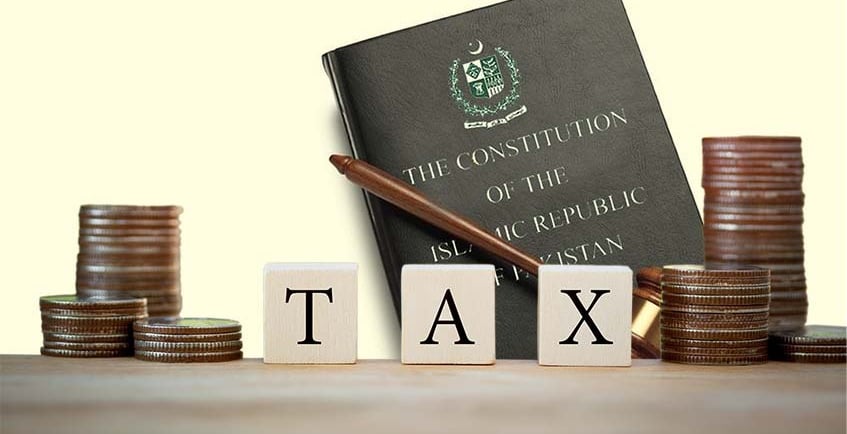
Basic Concepts of Taxation
Give this blog a read to understand the fundamentals of taxation
TAXATION


Who can impose taxes in Pakistan?
Federal Government
Pursuant to Entry No 47 and 48 of the Federal Legislative List in the Part I of the Fourth Schedule to the Constitution of Pakistan 1973, the Federal Government is empowered to impose taxes on income and corporations respectively.
Pursuant to Entry 49, the said list also empowers the Federal Government to levy taxes on sales and purchases of goods imported, exported, produced, manufactured or consumed in Pakistan.
What is the jurisdiction of the taxes imposed by the Federal Government?
The tax laws of Pakistan extends to the whole of territories of Pakistan that are:
The four provinces namely: Balochistan, Sindh, KPK and Punjab;
The Capital territory
Such states or territories that may be included in Pakistan by accession or otherwise.
What is meant by income tax?
Income taxes are taxes levied upon the income by the Government. These taxes are usually known as direct taxes and the rates of such taxes are updated annually through the budget announcements.
What constitutes an income?
Generally, income is the money received for work done or against an investment. Capital receipts (Receipts generating out of Capital assets i.e., disposal of assets) are generally not taxable unless explicitly stated in the law however revenue receipts are always taxable unless explicitly stated otherwise.
Certain Capital Receipts that are deemed as income for the purpose of tax are:
Golden Handshake payment on the cessation of employment
Gain on disposal of assets including movable and immovable property.
Certain Revenue receipts that should be taxed but are not taxed include:
Agricultural Income
Income of diplomats and Foreign Officials
Income of Institutions like State Bank of Pakistan, Indus Hospital, Shaukat Khanum Hospital etc
What are the different Heads of Income?
There are 5 heads of income under which an entity or an individual can declare their income which are:
Salary Income from Property
Income from Business
Capital Gains
Income from Other Sources
What is Sales Tax?
Sales Tax is a tax levied under the Sales Tax Act 1990, which is a percentage-based tax paid on the sale and purchase of goods that is then ultimately paid to the government. This tax is also known as indirect tax.
